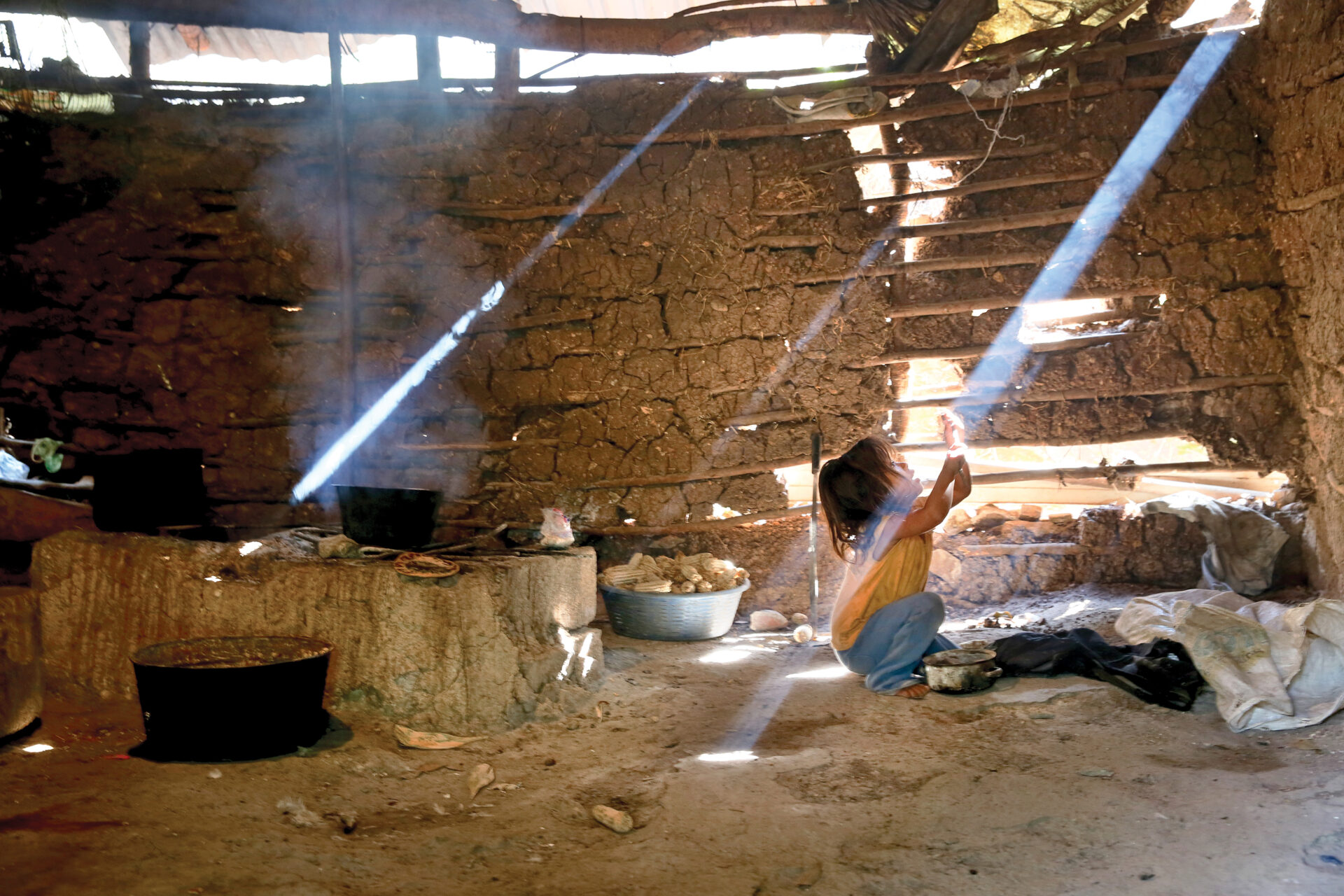
Barriers to Aid: The Growing Bureaucratic and Administrative Hurdles in Latin America
Surging bureaucratic and administrative impediments (BAI) across Latin America are an increasing challenge to humanitarian access and a barrier to aid delivery. So-called “NGO laws” and “Foreign Agent Laws,” which impose severe limitations on registration for civil society organizations, are one example of this global trend.
In August 2024, the Venezuelan National Assembly passed a law requiring non-governmental organizations (NGOs) to disclose extensive information, including member lists, assets, and donor details. Similarly, in 2022, Nicaragua imposed a law requiring NGOs to register as “foreign agents,” disclose financial information, and obtain a “certificate of registration” from the Interior Ministry.
NGOs that are forced to comply with reporting and registration requirements are subjected to stricter surveillance. This constrains their ability to openly discuss humanitarian crises within the country and the government’s shortcomings in delivering essential services to those in need. However, those who do not comply risk losing necessary clearances. Without these clearances, humanitarian workers in highly volatile environments are vulnerable to uncertainty, intimidation and threats, or even detention.
What are Bureaucratic and Administrative Impediments?
Bureaucratic and Administrative Impediments (BAI) are practices and policies that restrict humanitarian organizations’ ability to deliver aid and lead to increased delays in programming. BAI covers a range of obstacles that delay humanitarian efforts, including, but not limited to:
- Delayed or denied visa approvals.
- Heightened regulation and taxes on humanitarian supplies.
- Arbitrary arrests and detention of staff.
- Excessive requests for operational data from organizations.
These barriers may be imposed by host governments, de facto authorities, institutional donors, and private firms, which compound to form a complicated and unpredictable environment for NGOs trying to reach populations in need.
BAI in Effect
In some cases, government authorities have revoked NGOs’ humanitarian clearances for being unwilling or unable to comply with their regulatory demands. In Nicaragua, the government forced the International Committee of the Red Cross to close and prosecuted its staff for aiding individuals injured in 2018 anti-government demonstrations. Since 2018, 3,641 organizations lost their legal status in Nicaragua, with women’s organizations particularly targeted. Countries like Peru, Guatemala, El Salvador, Paraguay, and Mexico have proposed or are considering similar laws, signaling a broader trend toward legal codification of barriers and reduced civil space across the region.
In addition to government-imposed barriers to registration, NGOs are also facing restrictions on domestic movement due to the growing presence of non-state actors serving as de facto authorities, including organized crime groups like gangs and cartels. In regions across Latin America, where domestic movement is severely limited by non-state actors, communities become isolated and denied access to basic services. NGOs operating in these areas must navigate complex challenges, such as obtaining permission from gangs to operate in certain neighborhoods. In Colombia, various regions are controlled by non-state armed groups, with some regions requiring special identification to enter. Meanwhile, in Mexico, NGOs often rely on coordinating with the government and non-state actors to map violent incidents as a way of identifying dangerous routes, which extends travel times and creates gaps in aid delivery.
By some estimates, humanitarian actors spend 25% to 40% of their time managing BAI globally, a significant amount of time and money diverted from operations in vulnerable communities. Without access, it is difficult to monitor and meet evolving needs. As these restrictions formalize and escalate, NGOs will likely be forced to scale back their operations, deepening the already-existing gap in humanitarian capacity throughout the region.
Addressing Challenges
As BAI becomes an increasing challenge for humanitarian actors in Latin America, a concerted effort is needed to address these measures, with a strong focus on advocacy and accountability.
To address barriers to domestic movement and preserve humanitarian space, it is important to strengthen monitoring mechanisms that track the types of BAI occurring across Latin America, increase global awareness, and apply additional pressure on governments and non-state actors to adhere to their legal obligations. Additionally, developing negotiation strategies that account for the presence of non-state actors, such as gangs and cartels, while maintaining neutrality and complying with government protocols, is crucial to ensuring the continuation of operations in high-risk areas.
The escalating challenge of BAI in Latin America and around the globe requires urgent attention and collective action to ensure civil society space is not further diminished. Without these efforts, the humanitarian aid gap will continue to deepen, with vulnerable populations and smaller NGOs continuing to bear the brunt of the consequences.








